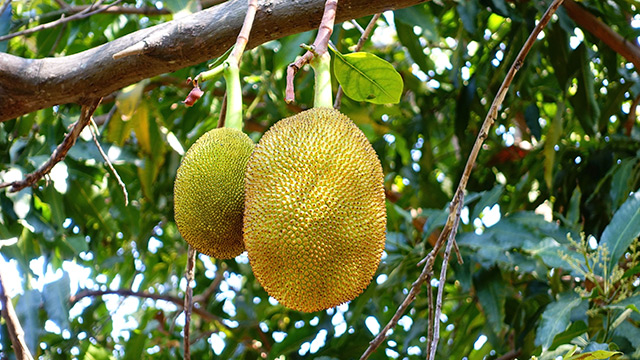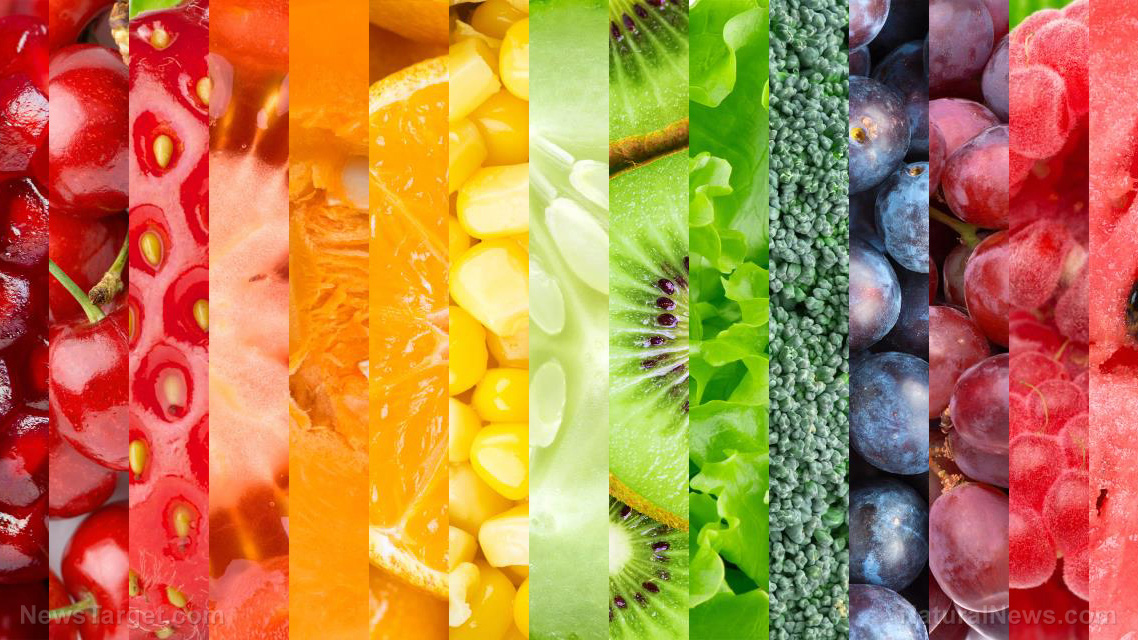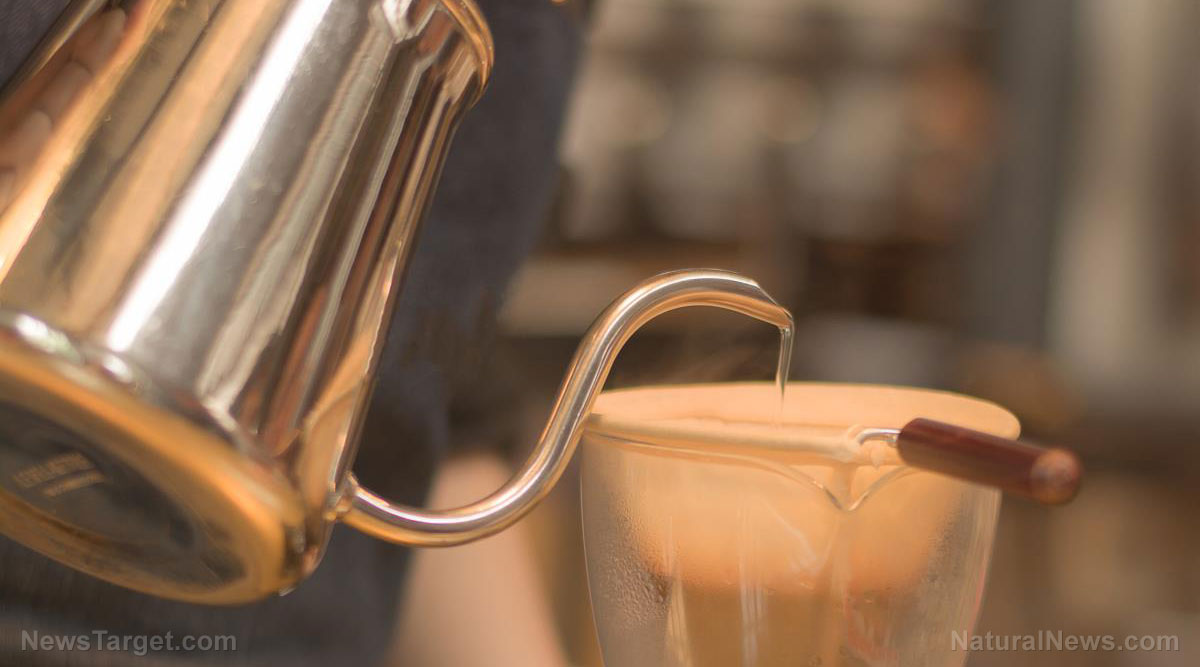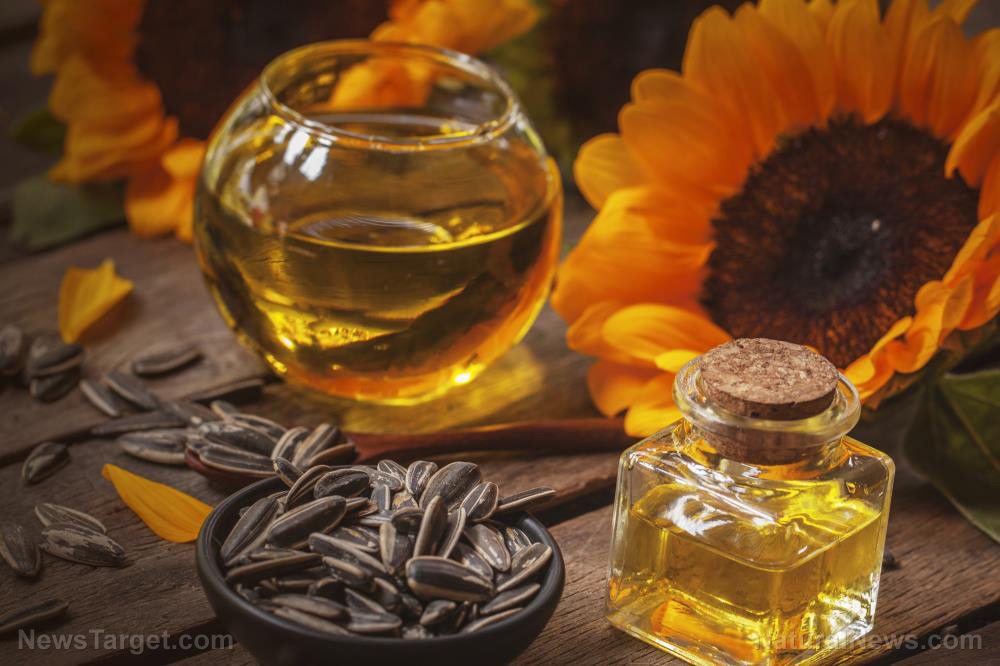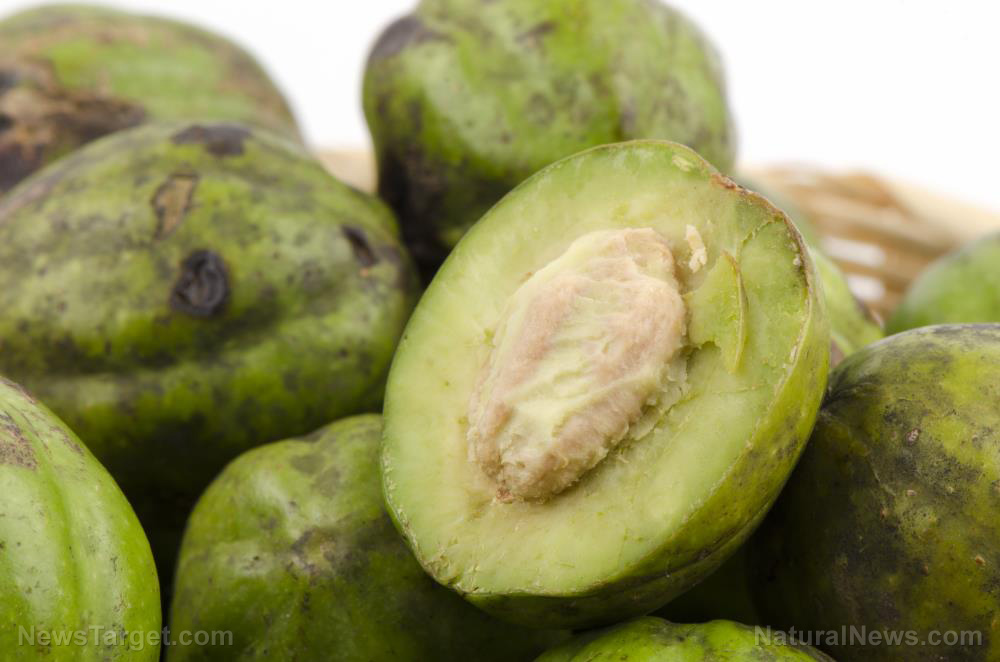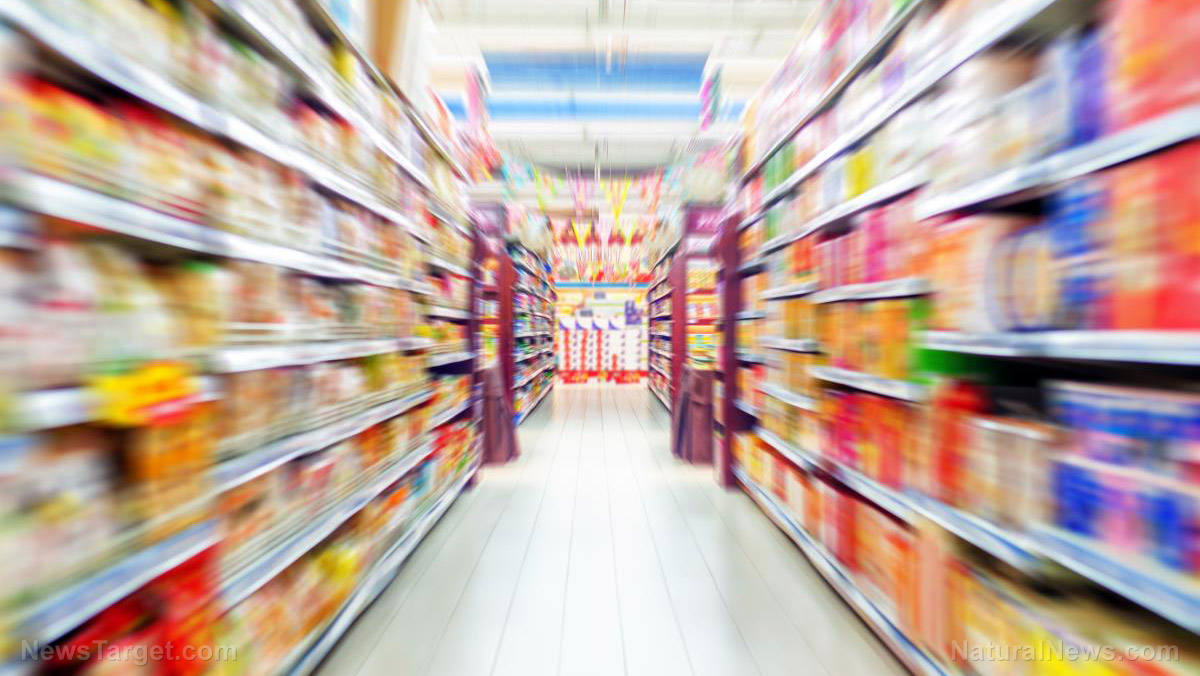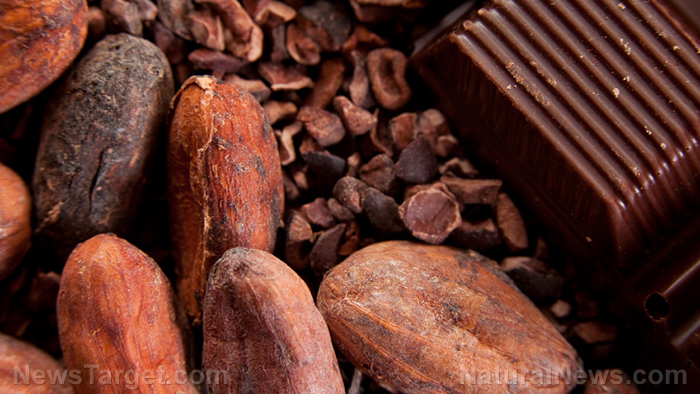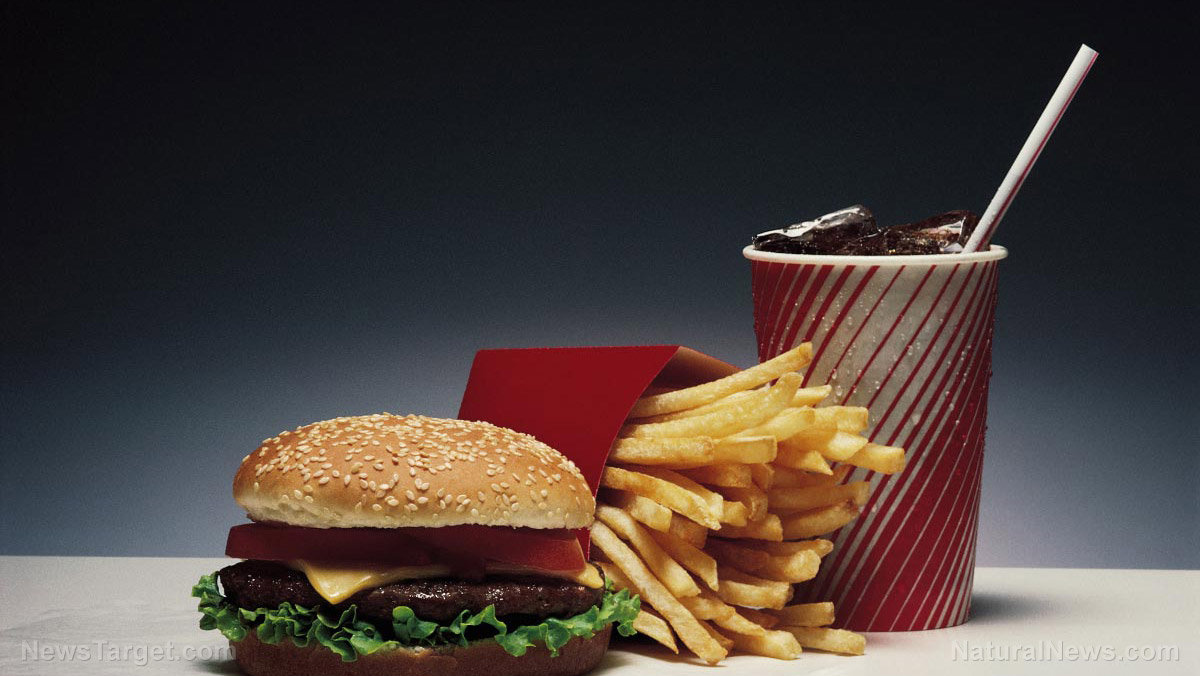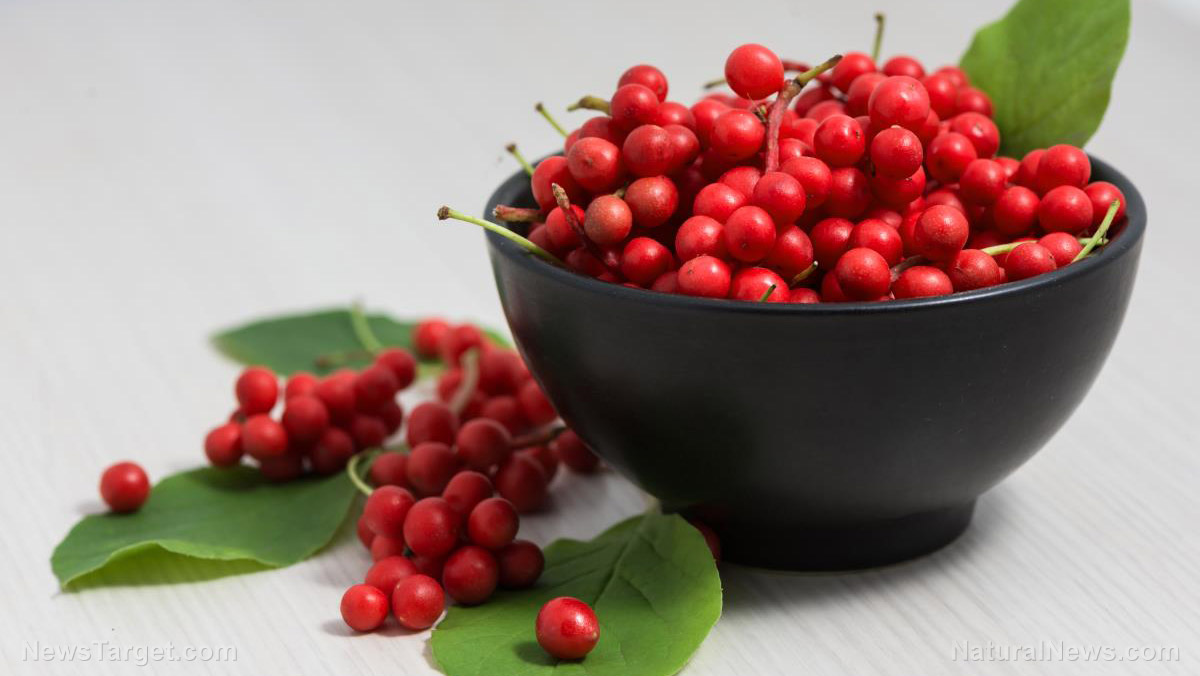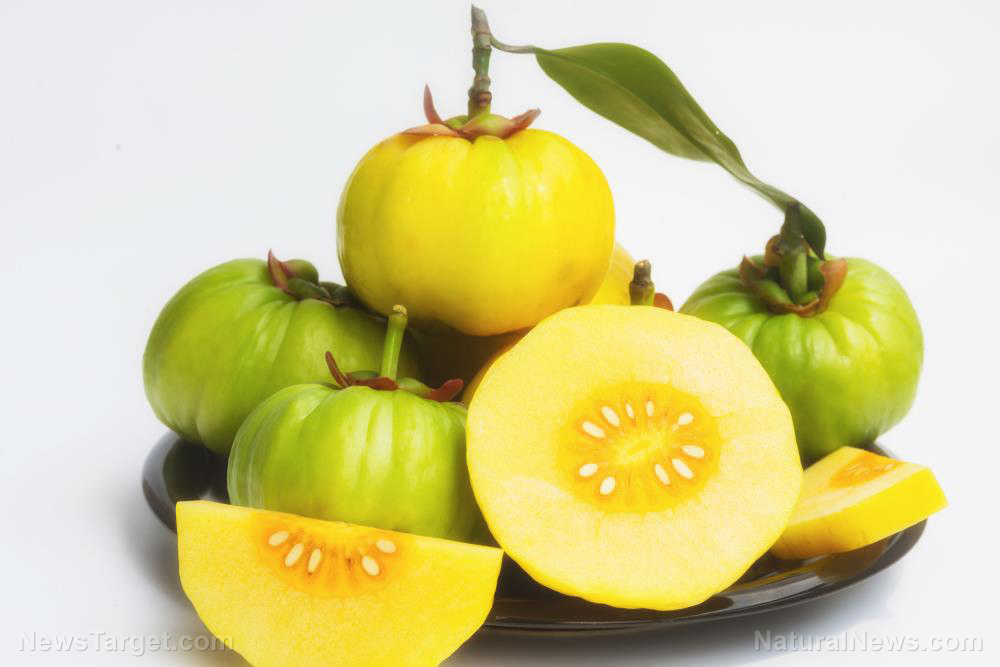NOT created equally: Composition of sugar used in soft drinks varies around the globe
04/25/2018 / By Jessica Dolores

You may have wined and dined in restaurants around the world, but have you thought anything about the sodas you drink in-between stops on your global itinerary? But did you know that even if you drink the same brand of soda in California and Australia, there’s bound to be some differences in content?
That’s because not all sodas are created equally, even if they come from the same manufacturer. A study published in the Journal of Nutrition & Intermediary Metabolism found that, compared with other soft drink products found in Europe and the U.S., Australian soft drinks have the highest concentrations of glucose.
Studies have linked the popular sweetening agent to a Pandora’s Box of disorders like tooth decay, inflammation, diabetes, and even heart disease. The research team also found that, generally speaking, Australian formulations had a 20 percent higher total glucose concentration than their counterparts in Europe and the U.S.
Soft drink brands in the U.S., on the other hand, had higher amounts of fructose, which can lead to insulin resistance, a red flag for diabetes.
While soft drink brands around the world may differ in sugar content, one thing remains the same: They’re not good for your health or the environment.
The dangers of soda
Celebrity fitness trainer Jillian Michaels even warned that soda is even more dangerous than smoking cigarettes.
Here’s what soda does to your body:
- Impairs kidney function – An 11-year-old Harvard Medical School study found a relationship between soda and a two-fold rise in kidney deterioration.
- Raises the risk of diabetes – Too much soda can prevent your pancreas from keeping the right amount of insulin. This increases your chances of getting Type 2 diabetes by 25 percent.
- Increases the risk of cardiovascular disease – Aside from diabetes, the bisphenol A (BPA) content in soda cans can lead to heart disease and obesity. This is because BPA is known as an agent that disrupts the normal functions of the endocrine system.
- Causes cancer – According to Dr. Nehal Mehta, the Director of Inflammatory Risk Cardiology at the University of Pennsylvania, caramel-containing products such as soda are associated with multiple vascular conditions.
- Overloads you with calories – That innocent-looking, 20-ounce soda bottle can contain up to 17 teaspoons of sugar and 240 calories with zero nutrients. A typical adult must walk more than an hour to burn these calories.
- Raises obesity risk in children – An additional soda or sugar-filled drink each day increases a child’s chances of developing obesity by 60 percent.
- Causes tooth decay – Laboratory tests show that the acid in soda destroys tooth enamel.
- Robs you of minerals – A research team at Tufts University found that three or more cola-based sodas a day lower bone mineral density in the hips by four percent.
Better alternatives to soda
Here are healthier ways to get energized on a sizzling summer day or when you need something cold to rev you up:
- Water – You can’t go wrong with what the Harvard School of Public Health calls “the healthiest drink.” Be creative by including crushed fresh mint; citrus fruit zest; peeled, sliced ginger or sliced pieces of cucumber to a cold pitcher or glass of water. It not only tastes good, but it also looks attractive while refreshing you.
- Tea – This healthy drink made from tea leaves helps keep your heart and teeth healthy. White tea is less processed and has more antioxidants, and green tea contains the highest levels of polyphenol, micronutrients that can stave off degenerative diseases like cancer and heart problems.
- Low-sodium broth – This can meet your need for fluids without the sugar content. Try low-sodium beef, chicken or miso broth, with less than 200 mg of sodium.
So what are you waiting for? Load up on water or tea instead of soda. It will not only make you healthier but also younger – and more attractive – too.
Sources include:
Tagged Under: different sweeteners, disease causes, fructose, glucose, obesity epidemic, soda alternatives, soft drinks, sugar content, toxins

